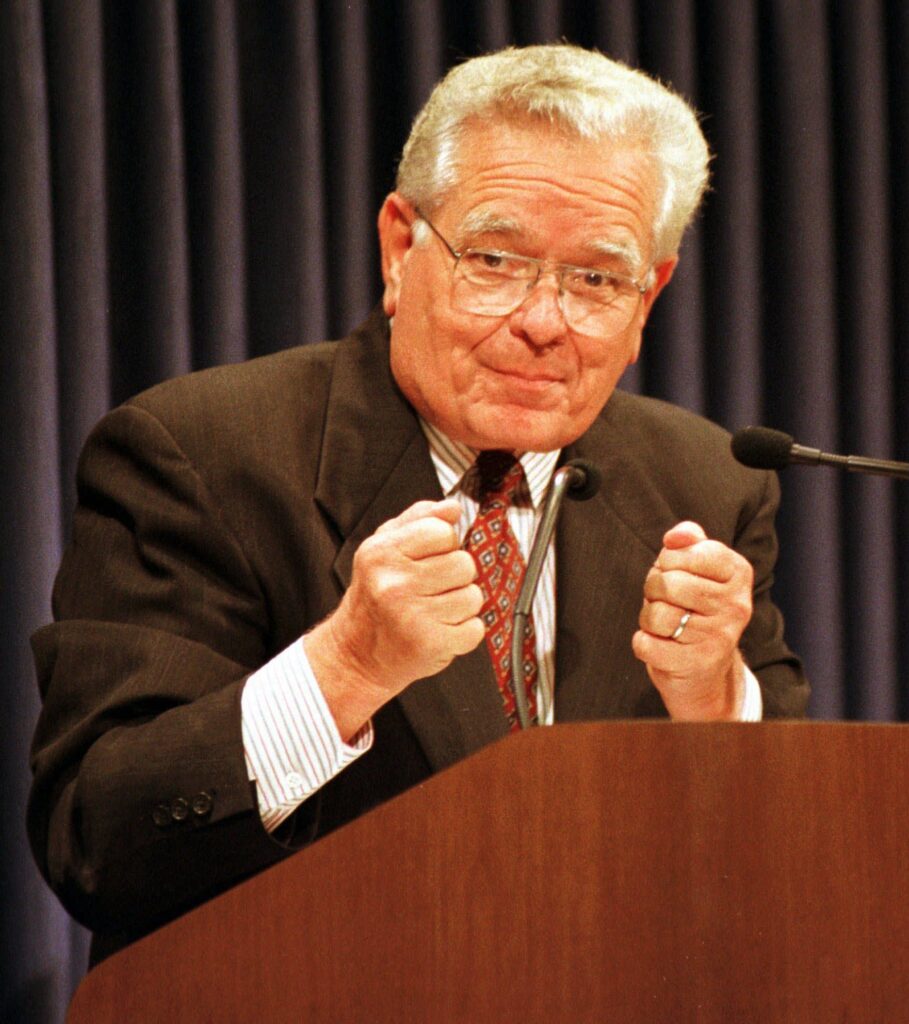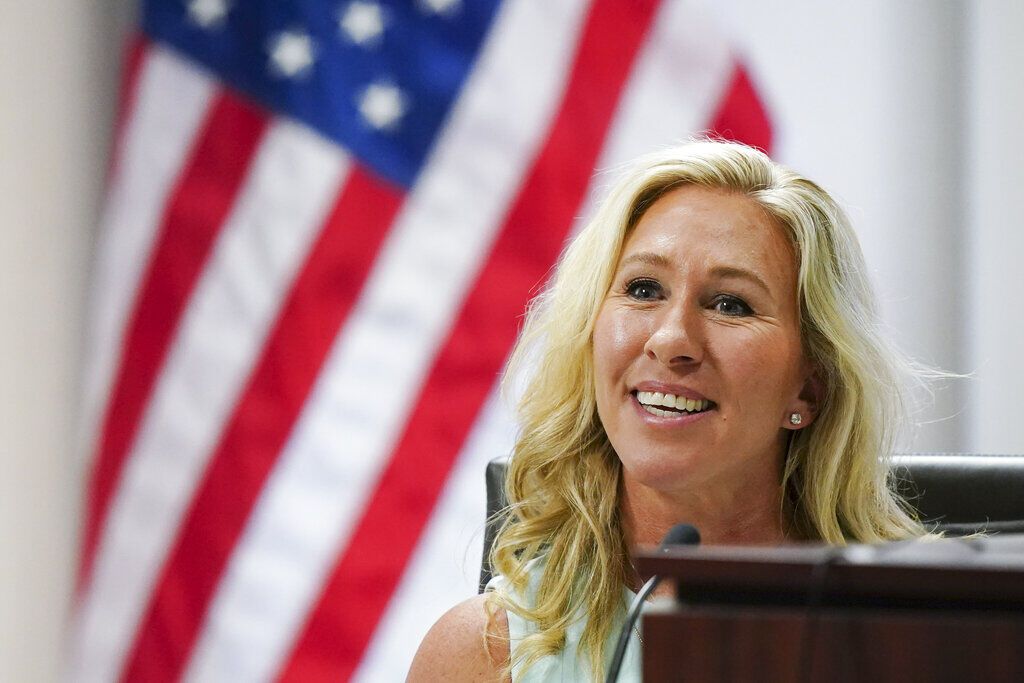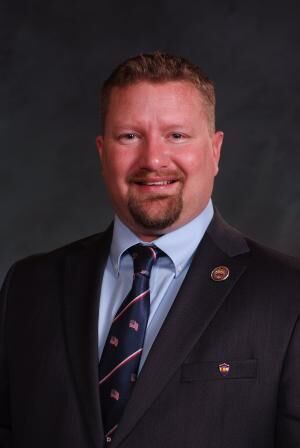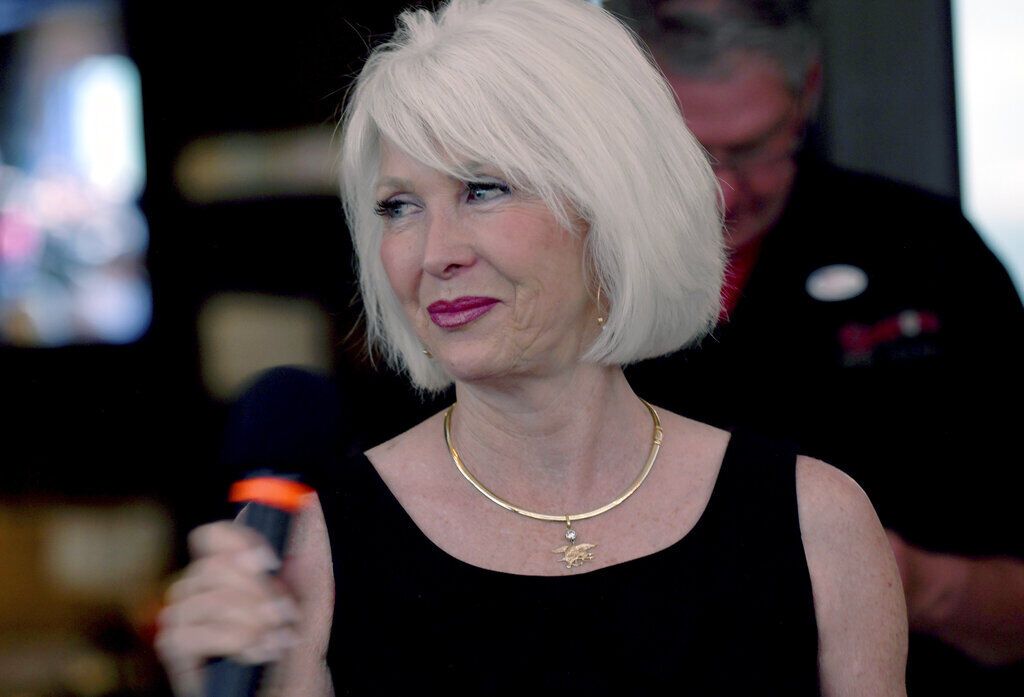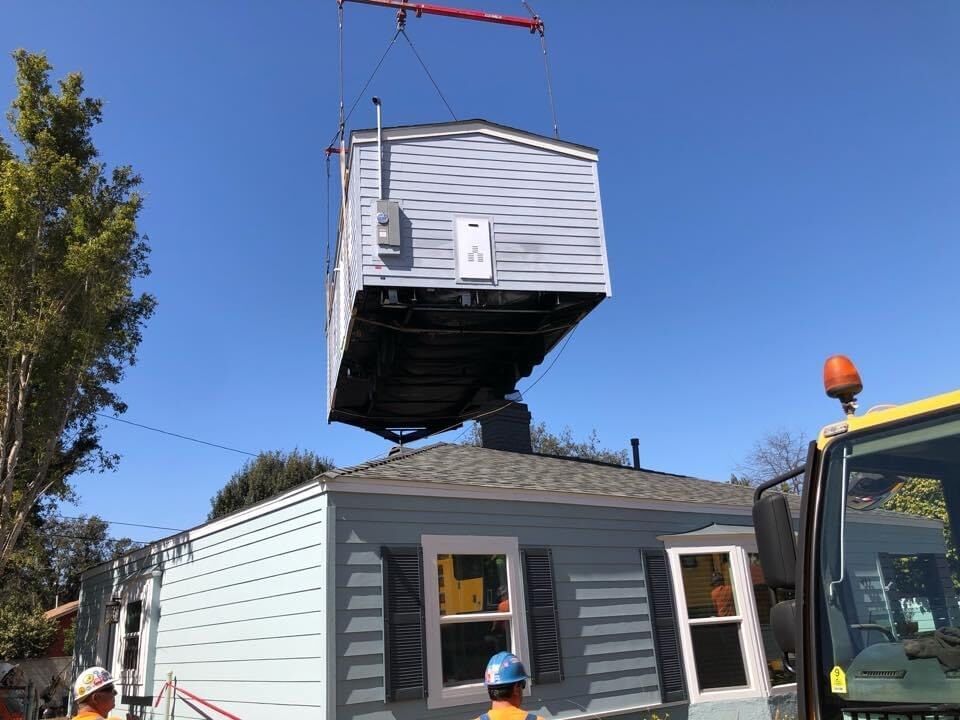Colorado lawmakers seek voters’ approval to extend window to sue over child sex abuse claims
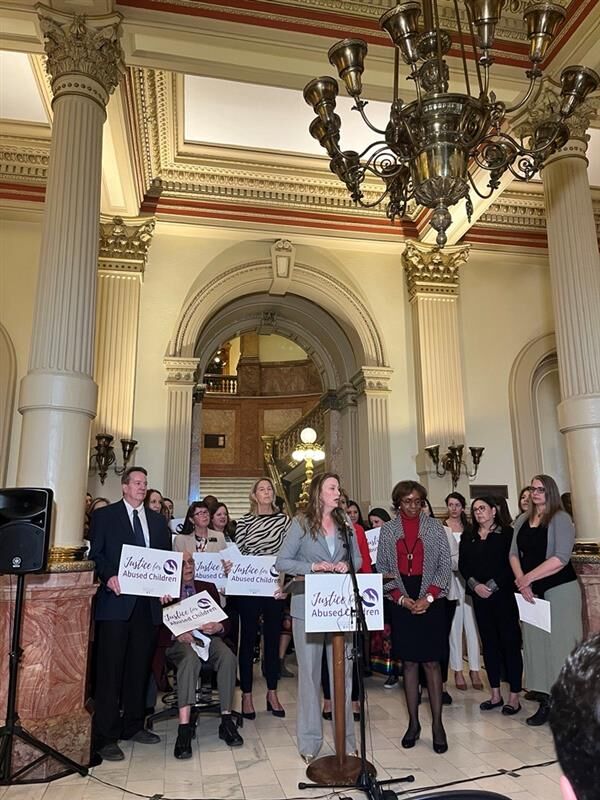
Colorado lawmakers want to amend the state constitution to allow them to pass legislation permitting individuals to sue over decades-old claims of child sexual abuse following the Colorado Supreme Court‘s decision last June that declared a law granting that ability unconstitutional.
The 2021 law established a three-year window during which survivors may file civil claims against their alleged abusers and the latter’s organizations for crimes that occurred between 1960 and 2022.
The Colorado Supreme Court struck down the law as unconstitutional, concluding it violated the constitution’s ban on “retrospective” laws.
“Since the court found the state constitution does not allow survivors to seek justice for their abuse, we call on Colorado voters to amend our constitution to say that it does,” said bill sponsor Sen. Jessie Danielson, D- Wheat Ridge.
If approved by voters at the ballot box this November, the constitutional amendment would allow lawmakers to enact a “retrospective” law.
Several advocates and survivors of childhood sexual abuse who spoke in favor of the proposal said survivors often do not speak out about their abuse until several decades later.
“Revival legislation equals justice,” said Kathryn Robb, executive director of ChildUsAdvocacy. “Retrospective legislation for these very unique wrongs equals justice, but it’s more than that. Justice means that we protect our children in the future. And that’s what this is about. Not just the justice for survivors, but also about protecting our children in the future and making sure that we have a zero tolerance policy when it comes to sexually assaulting children.”
“For far too long, we have let institutions and individuals that cover up sexual abuse off the hook,” added Brie Franklin, executive director of Colorado Coalition Against Sexual Assault. “Survivors deserve to be able to access justice at a time that is right for them, not based on an arbitrary timeline.”
Jeb Barrett, now 84, said he was sexually abused as a child and it affected his mental health for the rest of his life.
“I have known, probably since I was about 10 or 11, that I’m wired differently,” Barrett said. “The psychiatrist pointed out to me that I had obviously been self-medicating my whole life. What was I self-medicating? The recurring feelings of trauma.”
Barrett said that, since opening up about his abuse at age 63, he has found a supportive community and has joined the fight for justice.
“Nobody can deny what the effects [of childhood sexual abuse] are on the brain and development because of childhood trauma,” he said. “Most of our mental health problems go back to unresolved childhood trauma.”
The measure, which was assigned to the Senate Judiciary Committee, requires a two-thirds vote from both the Colorado House and Senate to get on the ballot.
Pointing to the success of the 2021 measure, which received overwhelming support in both chambers, Danielson and her co-sponsors are confident this year’s proposal will pass, as well.
“We’re going back to our colleagues on both sides of the aisle to say, ‘You were with us before, we need you to stand with us again,'” Danielson said. “We need you to stand for survivors again regardless of your party affiliation.”
Other sponsors of the proposal included Rep. Monica Duran, D- Wheat Ridge, Sen. Rhonda Fields, D- Aurora, Rep. Mike Weissman, D- Aurora, and Sen. Mark Baisley R- Sedalia.
The Supreme Court decision striking down the 2021 law was a victory for organizations, such as the Catholic Church, public schools and other operators of youth programming, who will not face the financial burden of defending themselves from allegations of decades-old sexual misconduct against children.
In the court’s June 20, 2023 opinion, Justice Monica M. Márquez acknowledged the reasons why Colorado lawmakers enacted a window to give survivors, whose civil claims for sexual abuse had long passed the legal deadline, a new opportunity to seek compensation for their injuries.
Marquez said that sexual abuse unquestionably “causes severe physical, psychological, and economic harm both to victims and their loved ones, and its destructive impact can last long after the abuse has ended.”
“We certainly understand the General Assembly’s desire to right the wrongs of past decades by permitting such victims to hold abusers and their enablers accountable,” she wrote. “But the General Assembly may accomplish its ends only through constitutional means.”
The court case revolved allegations by a woman who accused a high school coach and administrator of sexually assaulting her when she was a teenager. Now in her 30s, the woman filed suit against the coach and Aurora Public Schools, arguing the Supreme Court previously held that retrospective laws may be constitutional if there are compelling “public health and safety concerns.”
Protecting child victims, the plaintiff’s lawyers contended, fit within that category.
The defendants and other outside organizations that submitted briefs to the court, including the Archdiocese of Denver, argued there were compelling reasons to prevent a flood of lawsuits based on decades-old claims of abuse. Witnesses may be gone, evidence can be difficult to find and the sponsors of current youth-oriented programs would effectively be paying for the sins of their predecessors, the groups observed.
Colorado was among the 26 states and three territories to enact a “lookback window,” benefitting those who experienced abuse as children from 1960 onward. Until recently, Colorado victims generally had six years from the time they turned 18 to sue their perpetrator and two years to file suit against an organization that employed or supervised the perpetrator.
The General Assembly created the lookback window in 2021 to permit survivors to get around those statutes of limitations and bring a claim regardless of when the abuse occurred.
The purpose of lookback windows is to allow those who did not disclose their abuse until later in life to seek vindication, while also helping to identify perpetrators who still hold positions of trust over children.
Editor’s Note: Michael Karlik contributed to this story.



